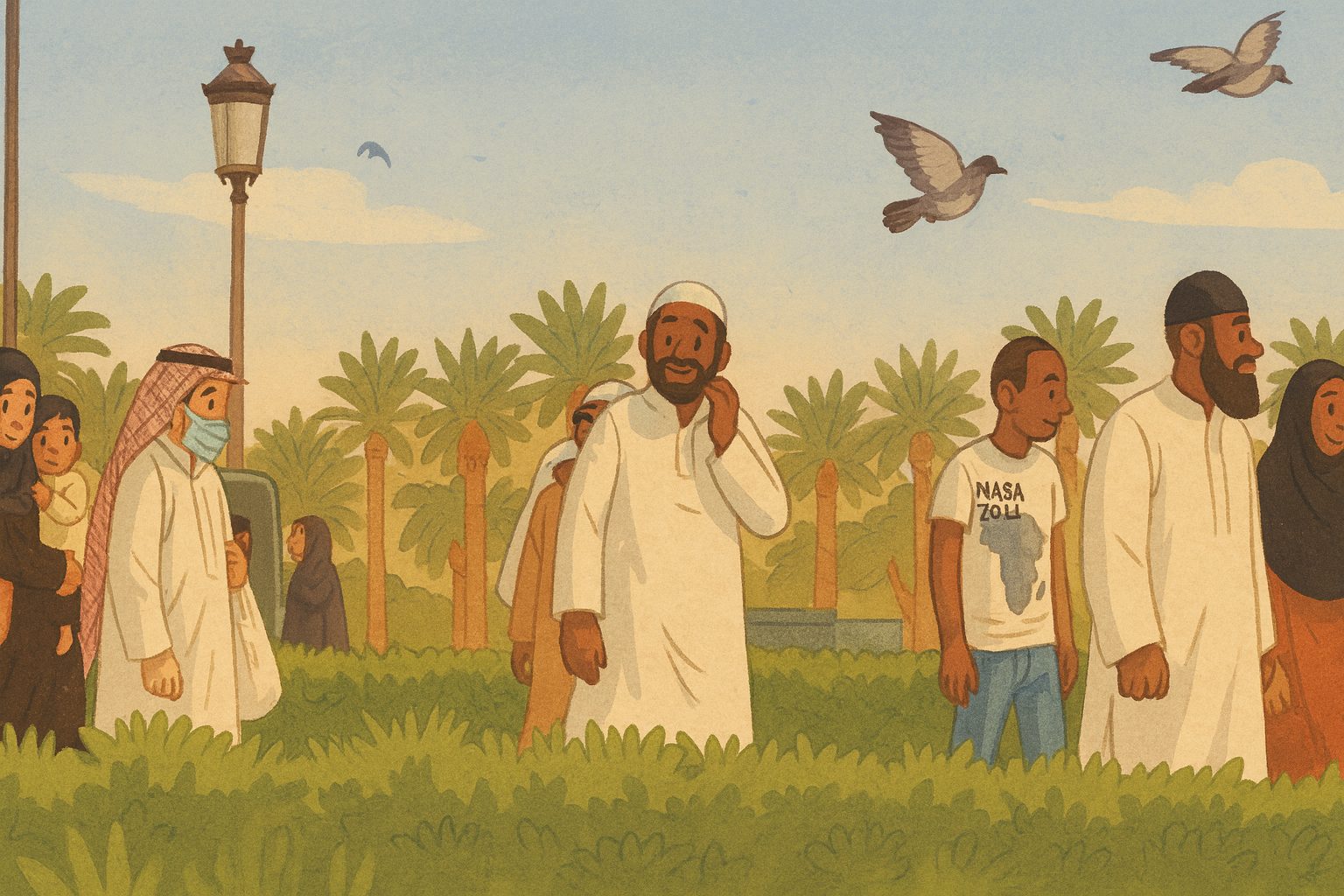Benefits of Giving Zakat in Islam
As Muslims, we are encouraged to perform several acts of worship, including the pilgrimage to Mecca, known as Hajj, and the act of giving charity, known as Zakat. Both Hajj and Zakat are essential pillars of Islam, and they hold significant importance in the life of a Muslim.
Understanding the Connection Between Hajj and Zakat
Hajj, the pilgrimage to the Kaaba in Mecca, is a fundamental duty for Muslims who are physically and financially able to perform it. It serves as a spiritual journey that fosters unity and equality among Muslims from diverse backgrounds. Similarly, Zakat, which is the act of giving a portion of one's wealth to those in need, also promotes social equality and upliftment of the less fortunate within the Muslim community.
The Role of Zakat in Promoting Social Justice
By giving Zakat, Muslims fulfill their duty to support the less fortunate and create a fair and just society. It is a means of redistributing wealth and helping those in need, reflecting the principle of social justice advocated in Islam. The act of giving Zakat not only benefits the recipients but also purifies the wealth of the giver and brings them closer to Allah.
Impact of Zakat on the Community
When Zakat is collected and distributed appropriately, it can have a transformative impact on society. It helps in addressing poverty, providing for basic needs, and supporting economic development within the Muslim community. The spirit of giving Zakat strengthens the bonds of the community and ensures that everyone is taken care of, especially during challenging times.
Conclusion
In conclusion, the practice of giving Zakat is deeply rooted in the teachings of Islam and plays a crucial role in fostering social responsibility and compassion among Muslims. By fulfilling the obligation of Zakat, individuals contribute to the welfare of the community and uphold the values of justice and empathy as emphasized in Islam.



0 comments